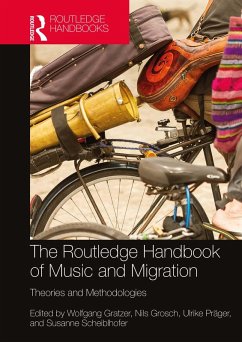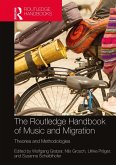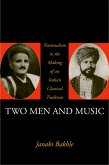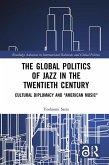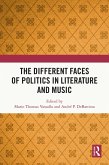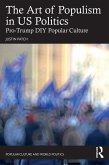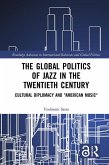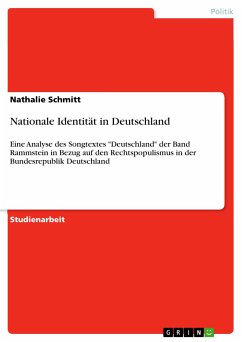1. Introduction
2. Key Terms
3. THEORETICAL AND METHODOLOGICAL APPROACHES TO MUSIC AND MIGRATION
3.1 Enacting and Embodying Mobile Voices: "Musicking as a Tool for (Ethnographic) Migration Research
3.2 Multi-Perspective Research in Musical Migration Contexts
3.3 Musicological Research with Refugees: Theoretical and Ethical Considerations
3.4 Musical Ethnography: Researching and Representing Migration, Expressive Culture, and Politics of Belonging
3.5 Polyphonic History: On Histoire Croisée as a Method of Musicological Exile and Migration Research
4. MOBILITY IMPULSES AND KINETIC MOMENTUMS
4.1 Music and Cultural Mobility
4.2 Music and Urban Migration: The City, Mobile Ethnography and Affective Citizenship
4.3 Between "Return Mobilities" and the Hope for an End to Exile: Musicology and Remigration Research
5. AFTER MIGRATION: INTERACTION, INCLUSION, AND PARTICIPATION
5.1 Music Making by Migrants from the Perspective of Sociological Integration Studies
5.2 Displaced Humanity on the Move: Rights, Needs, and Future Directions for Music
5.3 Musical Activities in the Acculturation Processes of Children and Adolescents with Migration Experiences
6. POSTCOLONIAL AND TRANSCULTURAL PERSPECTIVES ON MUSIC AND MIGRATION
6.1 Perpetual Transformation: Translating Music into New Spaces
6.2 Media, Migration, and Music: Methodological and Theoretical Perspectives
6.3 Writing for Change: Critical Perspectives in Artistic and Scholarly Practices as Calls to Action
6.4 Music - Gender - Migration: Topics, Research Fields, and Methods
6.5 Music and Entrepreneurship: Perspectives from Migrant Business Research

